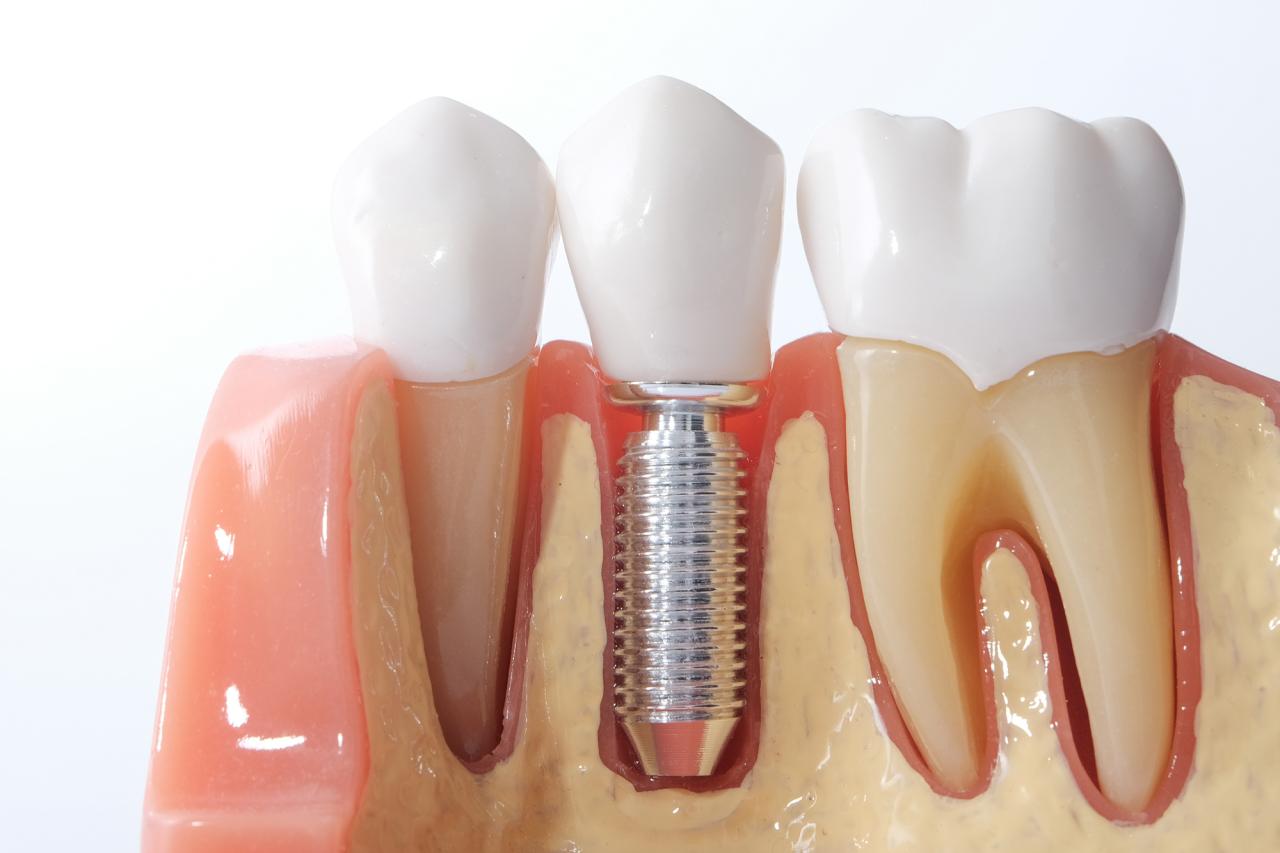Mini dental implants have emerged as a popular alternative to traditional dental implants, offering a less invasive and more affordable solution for tooth replacement. If you’re considering dental implants but are unsure about the differences between mini and regular implants, this comprehensive guide will provide you with all the information you need to make an informed decision.
What are Mini Dental Implants?
Mini dental implants, also known as small diameter implants or narrow diameter implants, are a smaller version of traditional dental implants. They typically range from 2 to 3 mm in diameter, compared to the 4 to 6 mm diameter of regular implants. Despite their smaller size, mini implants are made of the same strong, biocompatible titanium material as their larger counterparts.
Mini implants consist of a one-piece screw with a ball-shaped end that protrudes from the jawbone. This design differs slightly from regular implants, which have a separate abutment piece that connects the implant to the artificial tooth. The mini implant’s ball-shaped end is fitted with a rubber O-ring that holds the prosthetic tooth in place.
Advantages of Mini Dental Implants
Less Invasive Procedure
One of the main advantages of mini dental implants is that they require a less invasive surgical procedure compared to regular implants. Due to their smaller size, mini implants can often be placed without the need for extensive incisions or sutures, resulting in a quicker and more comfortable recovery process.
Suitable for Patients with Low Bone Density
Mini implants are an excellent option for patients who have experienced significant bone loss in their jaw, which can make them ineligible for traditional implants. Because mini implants are smaller in diameter, they require less bone density for support, making them a viable solution for patients with compromised jawbone structure.
Cost-Effective
Another significant benefit of mini dental implants is their cost-effectiveness. On average, mini implants cost between $500 to $1,500 per implant, which is considerably lower than the $4,000 to $5,000 price range for regular implants. This affordability makes mini implants a more accessible option for patients who may not be able to afford traditional implant treatment.
Faster Treatment Time
Mini dental implants often allow for a faster treatment process compared to regular implants. In many cases, the prosthetic tooth can be attached to the mini implant immediately after placement, eliminating the need for a lengthy healing period. This means patients can achieve a complete, functional smile in a shorter timeframe.
Disadvantages of Mini Dental Implants
Limited Chewing Force
Due to their smaller size, mini dental implants may not provide the same level of chewing force as regular implants. This can be a consideration for patients who have a strong bite or require a more durable tooth replacement solution.
Potential Need for Replacement
While mini implants are a long-lasting solution, they may not have the same longevity as traditional implants. The rubber O-rings that secure the prosthetic tooth to the implant may need to be replaced periodically, especially if the denture is removed and reinserted frequently.
Not Suitable for All Cases
Although mini implants can be an effective solution for many patients, they may not be suitable for every case. Patients with insufficient vertical bone in their jaw, often due to gum disease, may not be good candidates for mini implants. Additionally, those who grind their teeth heavily may put excessive stress on the smaller implants, potentially leading to complications.
The Mini Dental Implant Process
The process of getting mini dental implants typically involves the following steps:
- Consultation: During an initial appointment, your dentist will assess your oral health, discuss your dental history, and determine if mini implants are the best option for your needs.
- Placement: On the day of the procedure, you’ll receive local anesthesia to ensure a comfortable experience. The implant posts will then be surgically placed into your jawbone through small holes in your gums.
- Recovery: Although mini implants require less healing time than regular implants, you’ll still need to allow some time for the posts to fuse with your jawbone. Your dentist will provide you with specific instructions for post-operative care.
- Restoration Placement: Once you’ve fully healed, you’ll return to the dental office to have your chosen restoration (crown, bridge, or denture) attached to the mini implants, completing your new smile.
Frequently Asked Questions
How long do mini dental implants last?
With proper care and maintenance, mini dental implants can last for many years. However, factors such as oral hygiene, bite alignment, and overall health can impact their longevity. Regular dental check-ups and good oral hygiene practices are essential for maintaining the success of your mini implants.
Can mini implants support a full arch of teeth?
While mini implants are typically used to support a single crown, bridge, or denture, in some cases, multiple mini implants can be used to support a larger prosthetic, such as a full-arch denture. Your dentist will determine the number and placement of mini implants needed based on your individual case.
Are there any risks associated with mini dental implants?
As with any surgical procedure, there are potential risks associated with mini implant placement, such as infection, nerve damage, or implant failure. However, these risks are generally low, and your dentist will discuss any potential complications with you prior to treatment.
Conclusion
Mini dental implants offer a viable alternative to traditional implants, particularly for patients with low bone density or those seeking a more affordable and less invasive tooth replacement option. By understanding the advantages, disadvantages, and process involved in getting mini implants, you can make an informed decision about whether they are the right choice for your dental needs.
If you’re considering mini dental implants, the first step is to schedule a consultation with a qualified dental professional. They will assess your oral health, discuss your goals, and develop a personalized treatment plan to help you achieve a healthy, confident smile.
